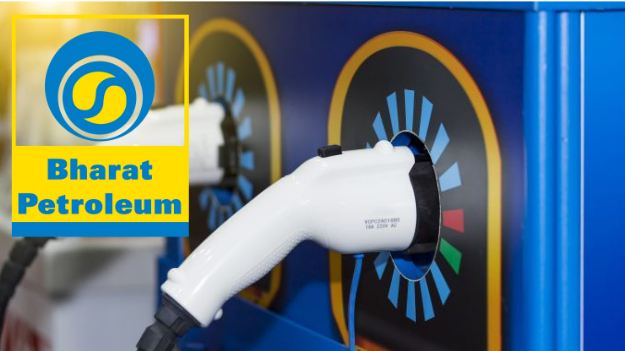India, the world’s fourth-largest automobile market and home to more than 1.3 billion people is taking giant strides towards the Electronic vehicle (EV) market. However, the biggest challenge in adapting the technology is the absence of enough charging stations. To solve the problem, Bharat Petroleum Corporation Ltd. (BPCL) has come up with a novel solution.
Reportedly, the company has rolled out EV fast-charging corridors on the Chennai-Trichy-Madurai highway at ten of its fuel stations along the 900-kilometre route on both sides of the highway. BPCL is employing the services of CCS-2 DC fast-chargers, which makes the aforementioned stretch, the first EV-friendly highway in the country.
PS Ravi, Executive Director In-charge (Retail), BPCL acknowledged the deployment of charging stations and was quoted as saying by HT Auto, “Bharat Petroleum has been at the forefront in providing convenience oriented solutions and experiences to its customers across segments,”
Last year, the company had announced that it will offer space to set up EV charging points at its over 9,000 petrol pumps. It has chalked out a plan to offer charging stations at around 7,000 petrol pumps over the next few years.
BPCL has taken a good, calculated bet to diversify its operations. With the fossil fuel industry increasingly coming under strain due to its negative effect on the environment, BPCL is opening new avenues of generating revenue.
Liberalising the EV norms
Earlier this month, in an attempt to create an efficient EV charging ecosystem, the Modi government allowed any individual or entity to set up public charging stations (PCS) without any licensing.
According to a TOI report, the decision cleared the way for EV owners to charge their vehicles at home or offices from existing connections at domestic tariffs.
Liberalising the laws means that more electronic startups will venture into the field and set up charging stations. The guidelines lay down the target of one PCS in every three-square-km grid in megacities and every 25 km on connecting highways in the next three years.
Read More: Nitin Gadkari’s excellent plan to turn India into an EV powerhouse
Giving incentives to the EV manufacturers
As reported by TFI, to encourage the traditional carmakers to foray into the EV sector, the government last year launched multiple iterations of the Production Linked Incentive (PLI) scheme.
The scheme worth Rs 26,000 crore will boost the production of electric vehicles and hydrogen fuel vehicles in the country. This is the second PLI scheme in the sector as the government had earlier launched the scheme for Advanced Chemistry Cell (Rs 18,100 crore) and Faster Adaption of Manufacturing of Electric Vehicles (Rs 10,000 crore).
Moreover, in December, the government approved a Rs 76,000-Crore incentive scheme for semiconductors. Ever since the pandemic brought the world to a standstill, carmakers have had to delay the supply of cars due to a deficit of semiconductors.
The move to plug the gap would further India’s ambitions to be self-reliant in electronics manufacturing, bring massive investments and result in 35,000 specialised jobs apart from indirect employment for one lakh people.
Bharat Petroleum has taken the lead to create an ecosystem for EV vehicles, One can be hopeful that other companies start pitching in as well to rapidly create the infrastructure.

























